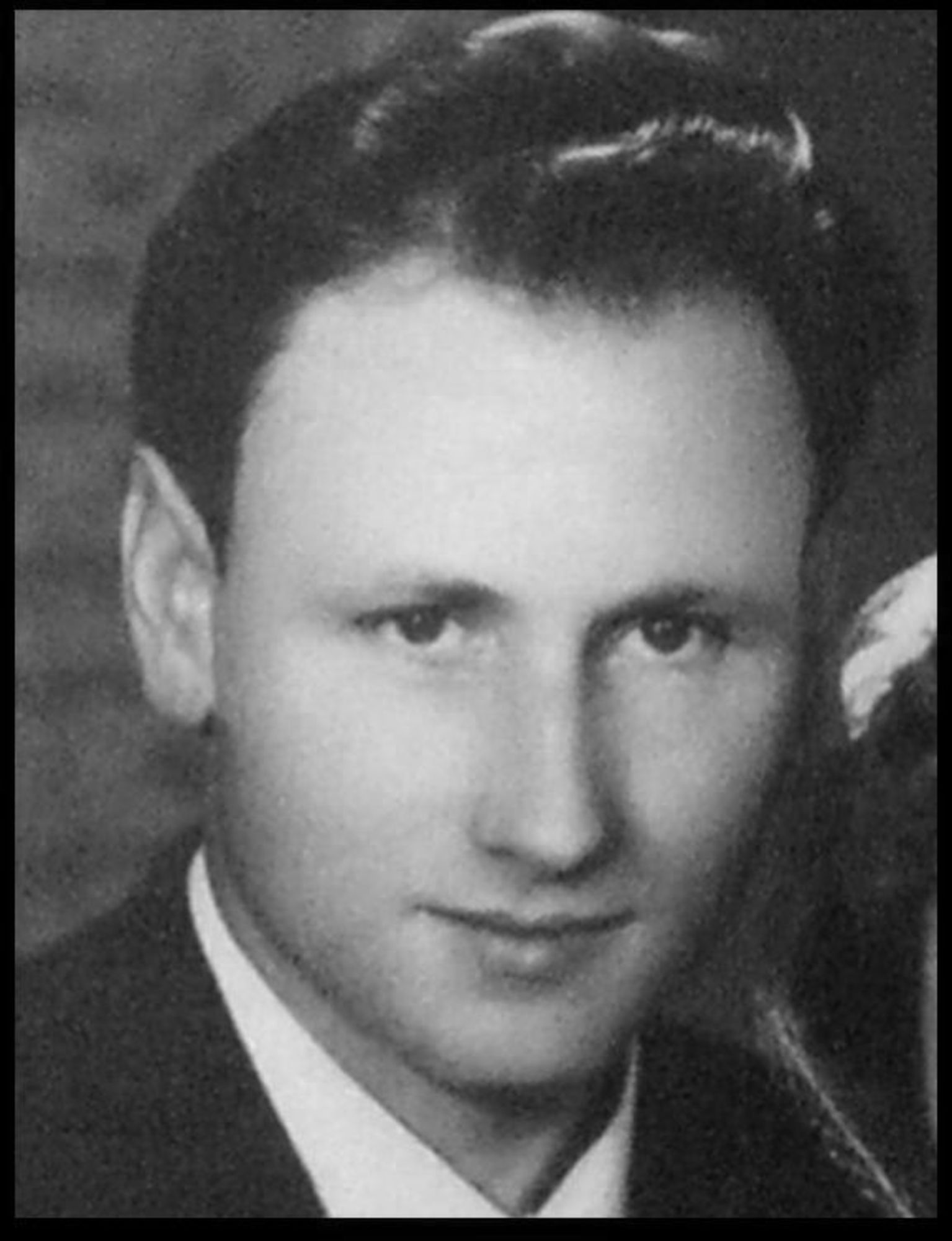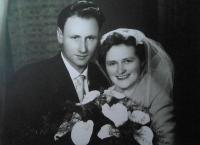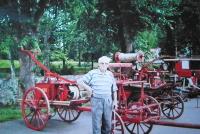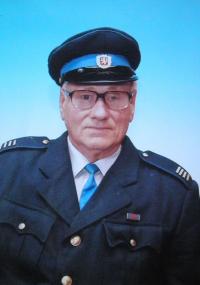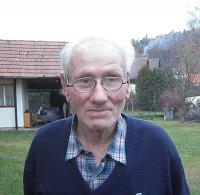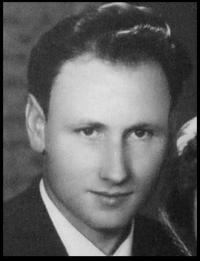People were lying around unconscious and the railway tracks were bent towards the sky like a sled
Jaroslav Roučka was born on May 23, 1925, in Šumava, in a family of a farmer in the village of Čkyně. His childhood was strongly affected by the economic crisis which caused a significant loss of employment opportunities in the region and also by the death of his father in 1931. The family farm was then taken over by his older brother. Shortly after the constitution of the Protectorate of Bohemia and Moravia, Jaroslav Roučka started an apprenticeship for a farrier. In 1943, there came a further blow to his family when his mother was arrested for storing 20 kg of wheat that she hadn’t declared to the German authorities. She returned from the concentration camp shortly before the end of the war. After the breakout of the uprising in May, J. Roučka volunteered for the resistance group Šumava II and participated in several operations, notably the disarmament of groups of German soldiers. He also patrolled near the village. In 1947, he enrolled for military service where he spent the February coup. After returning from service, he married and started working as a farrier. At the turn of 1959/1960, he began working in the timber business, where he remained until his retirement. He and his wife raised three daughters.
